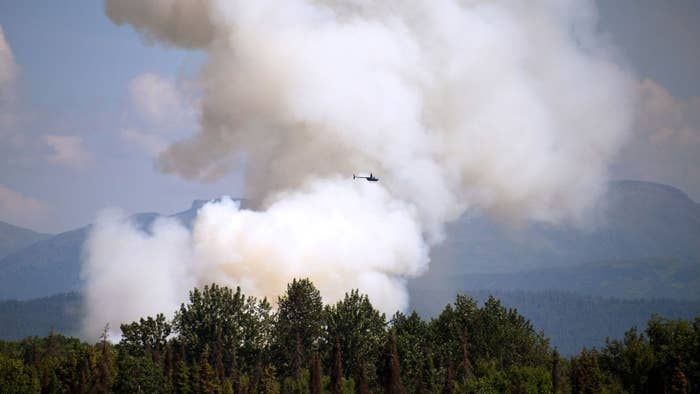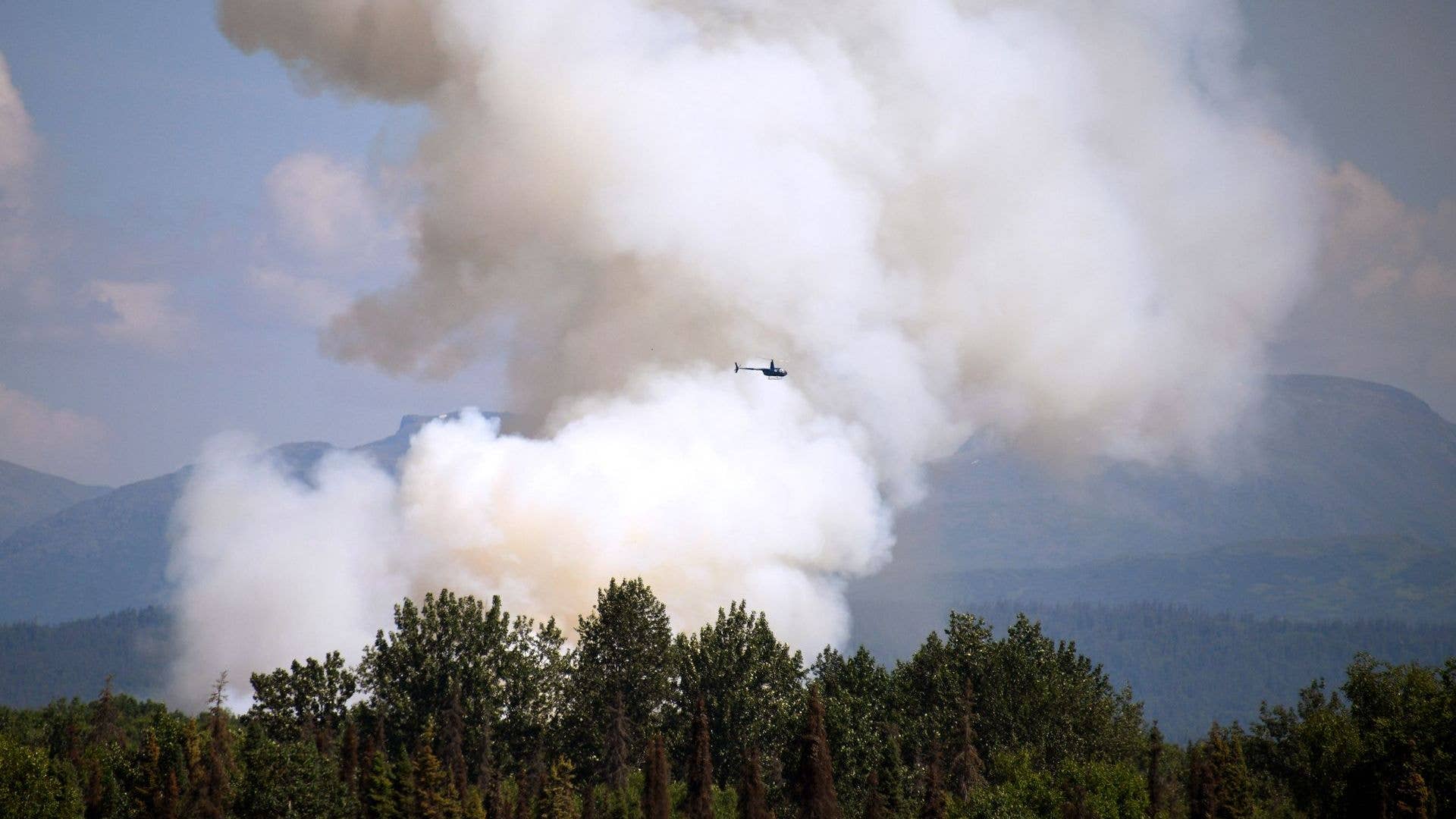
“Zombie fires,” or fires that refuse to die out, could potentially become a bigger problem over time, according to researchers.
The Wednesday-released study published in the journal Nature and titled “Overwintering Fires in Boreal Forests” was a product of co-author Sander Veraverbeke noticing that fires had been popping up in similar places year after year, with such fires smoldering for months on end.
“I saw that on the edges of the fire scars from the year before, flames were popping up again in spring and new forest fires were starting on the edge. And to me, that was really intriguing,” he told CNN.
Put together alongside lead author Rebecca Scholten and other co-authors, the study was an attempt to answer questions about “zombie fires.” And while they found that such fires are only responsible for a fraction of land burned each year, they insist it could only get worse if human-caused climate change also worsens.
“We will have more of these extreme fire seasons, which also means that we will likely have more zombie fires,” Veraverbeke said. “So even though it’s a relatively small percentage now, it’s likely that it may become more in the future.”
The study looked at forests in Alaska and Canada’s Northwest Territories from 2002 to 2018 with field observations and satellite monitoring, finding that “zombie fires” were responsible for 0.8% of the total land burned and 0.5% of the “total carbon emissions released by fires in Alaska and the Northwest Territories,” with some years being major outliers, CNN reports.
In 2007, 2008, and 2010, 5% of the land burned and carbon emissions created by Alaska fires were the result of “zombie fires,” while one fire in Alaska in 2008 scorched over 33,000 acres throughout the winter—roughly 38% of the total land burned by fires in Alaska that year.
I think the sheer fact that this is happening really shows that this region is changing so, so quickly,” Veraverbeke said. “it’s really a testimony of the rapid warming in the Arctic and boreal (forests).”

